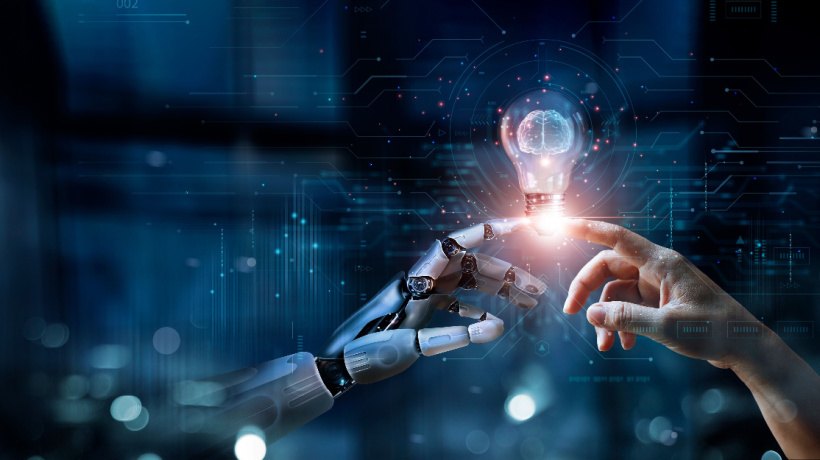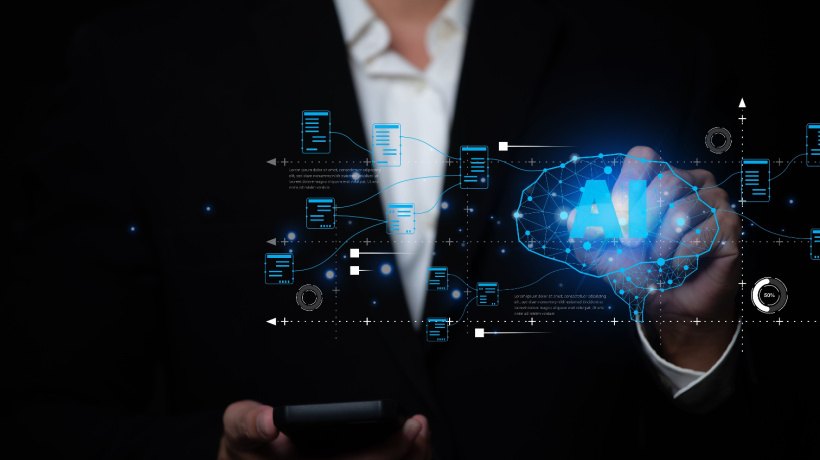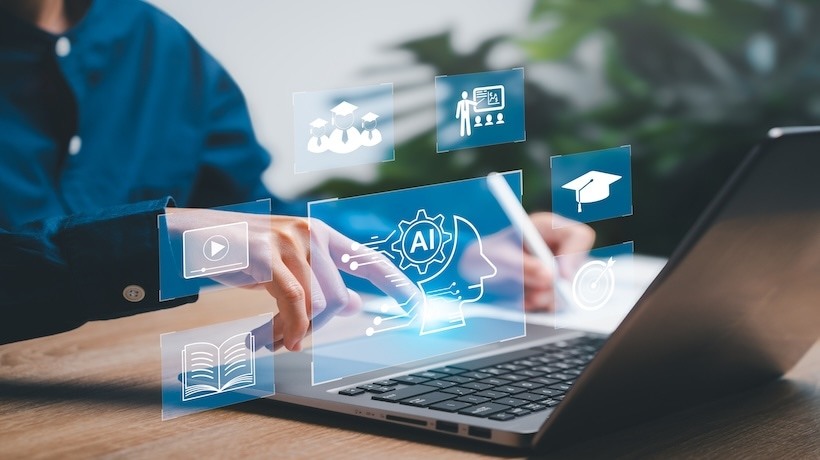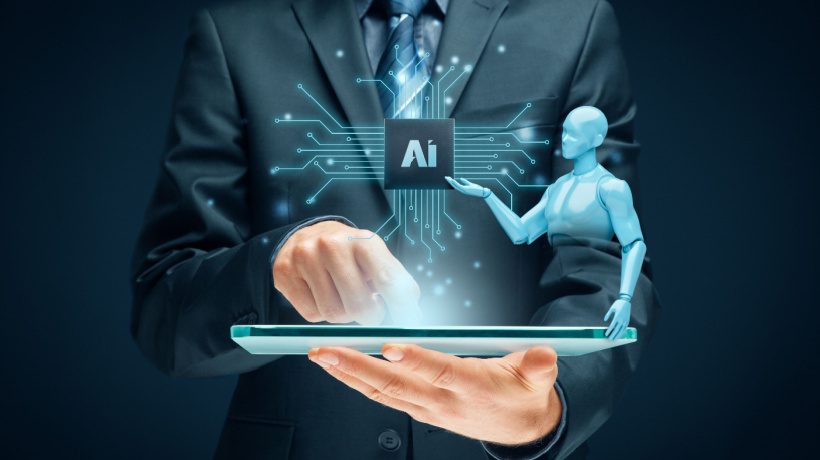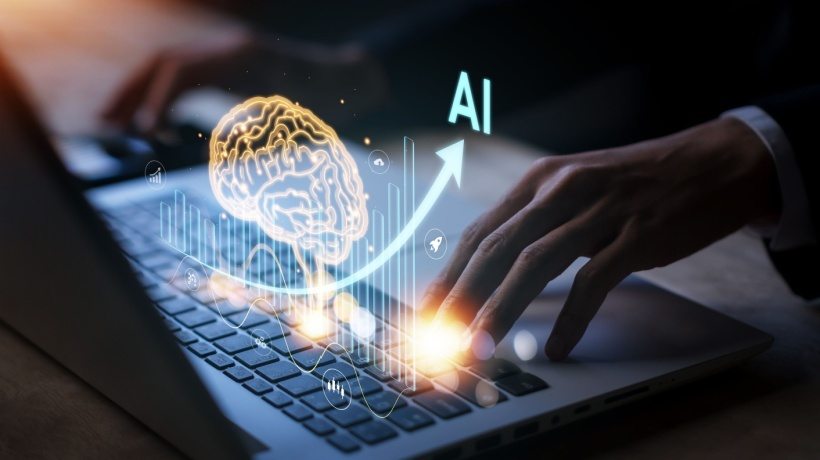A Guide To AI In Learning and Development
There is an elephant in the room. Burying our heads in the sand might not help us in getting the conversation started. The question that is in most of our minds is how AI affects Learning and Development. To project and become objective is a difficult thing. Let us first describe what AI is and what it probably isn't.
A Historical Preview Of AI
According to John McCarthy, who first coined the term, Artificial Intelligence is "the science and engineering of making intelligent machines, especially intelligent computer programs" (McCarthy, 2007, [1]). A technology powered by AI is capable of such things as using sensors to meaningfully perceive the world around it, of analyzing and organizing the data it perceives, and of autonomously using those data to make predictions and decisions [2].
Some describe AI as Narrow AI and General AI. An example of a Narrow AI is the Deep Blue chess program that defeated a chess world champion in 1996. A General AI is one that we are headed to; for example, if you have watched Big Hero 6, Baymax would be a classic example. We expect that a General AI will develop to an extent where it can fully surpass human beings in what they do.
The Risk And Reward Of AI
In another popular TV show, there is an episode where a lead lady Michael is caught in an AI-generated cell. The conundrum is that there is a war happening and the AI has diverted its power to support her life whilst imprisoning her; yet, there is certainty of her death. She proceeds to argue with the AI on the next best alternative as opposed to having her wait for certain death. It gets to a point where it agrees to release her as it is the best option of saving her life.
It is in that instance that I realized AI can be a perfect partner and maybe less of a master. At an expert level, it may be easy to draw conclusions from AI-generated scenarios, something that may be less so at a novice level. This draws deeper conversations including the conundrum of having AI as a public good or using it at an expert level.
AI And Learning And Development
Pedagogy or andragogy looks at three facets: learning/instructional materials, the learner, and the objective of the training. These three are heavily independent and dependent at the same time. Meaning that the preparation of one may not necessarily guarantee the output of the other but, in order to achieve success, all of the facets have to be prepared well. AI can therefore be a welcome inclusion in any of the three facets and may help greatly in creating individual-based training, an area where pedagogy and andragogy struggle.
Learning and Development is a multifaceted discipline that AI can and should influence. However, despite this, the role of the L&D specialist is still yet to be fully developed. With the world undergoing major shifts, especially in the business world, the age of the start-up is still growing and Learning and Development specialists still need to nurture these fragmented groups. L&D being seen as a preserve of HR will likely shift to a departmental role and this will likely influence efficiencies and productivity. For now, though, as AI grows, L&D specialists will continue giving instructional materials context and relevance.
Last Words: AI And The World
I am curious to hear from learning specialists what their immediate use for generative AI is. We should, however, be looking at specific areas that generative AI could benefit and hopefully come up with something in the future.
Just as a baby grows, we are likely to see major shifts in the economic, political, and, to put it mildly, all spheres. The challenge would be if the shift in perspectives is major, with the potential "oraclization" of the system. Like in anything, rules of engagement would likely be a welcome approach. Maybe we should ask baby AI what it thinks it will grow up to be in the future so that we can prepare ourselves for its adulthood!
References
[1] What is artificial intelligence?
[2] Hands-On AI Projects for the Classroom: A Guide on Ethics and AI
